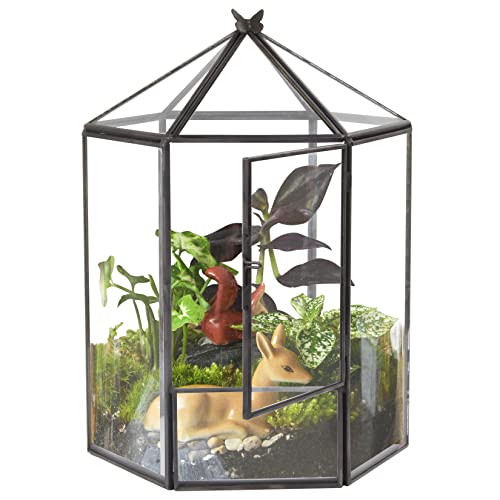EJ Burling
New member
- Joined
- Oct 3, 2017
- Messages
- 1
- Reaction score
- 0
[SIZE=17pt]Mantidforum.net intro[/SIZE]
[SIZE=17pt]Hi Everyone, Thanks for the add! My love of mantids started with a T. sinensis ooth order for garden pest control purposes in Santa Clarita, CA. Based on fond memories of my dad showing me how wild caught mantids would eat honey out of a spoon as a child of 5, in addition to a more recent experience of being honored to have been chosen for a visit by a wild S. limbata female on my back patio 3 years ago, I decided to keep several T. sinensis nymphs back and raise them in captivity. After falling in love with their engaging and entertaining antics, now that they are gone, I miss them and am now looking for a couple of H. blue sp. (if sold sold in the US?, or..?) and S. limbata subadults native to this area since they appear to be more tolerant of the arid high desert climate low humidity here than T. sinensis. If anyone happens to know of a source for H. blue sp. or S. limbata, either ooths or subadults, I would be most grateful for any information! [/SIZE]

[SIZE=17pt]Hi Everyone, Thanks for the add! My love of mantids started with a T. sinensis ooth order for garden pest control purposes in Santa Clarita, CA. Based on fond memories of my dad showing me how wild caught mantids would eat honey out of a spoon as a child of 5, in addition to a more recent experience of being honored to have been chosen for a visit by a wild S. limbata female on my back patio 3 years ago, I decided to keep several T. sinensis nymphs back and raise them in captivity. After falling in love with their engaging and entertaining antics, now that they are gone, I miss them and am now looking for a couple of H. blue sp. (if sold sold in the US?, or..?) and S. limbata subadults native to this area since they appear to be more tolerant of the arid high desert climate low humidity here than T. sinensis. If anyone happens to know of a source for H. blue sp. or S. limbata, either ooths or subadults, I would be most grateful for any information! [/SIZE]

Last edited by a moderator:
















































